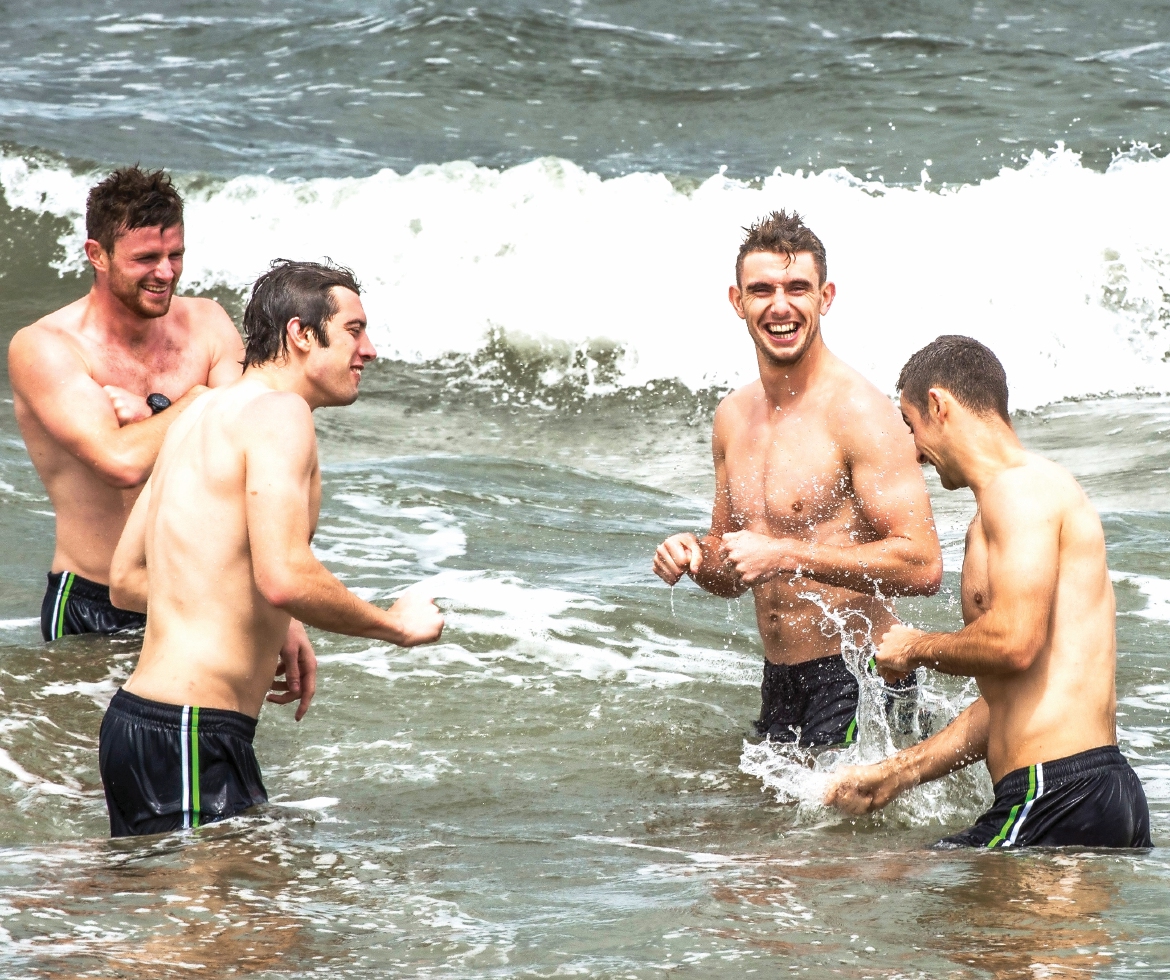- THE club seasons across the country are in full swing, championships will be on the horizon and about to commence very shortly.
- In Down during the month of August alone, clubs have eight or nine league games scheduled to play before entering into the championship at the start of September.
- In the championship if you are fortunate enough to win both your first round games, you will have a free weekend on the third consecutive weekend, but the majority of teams will play three weekends in-a-row and probably half of those again will play four weekends in a row on top of the already condensed month of August.
- It is this stage of the year coaches and managers will hate to hear the words “I’m not training tonight, I’m injured.”
- It’s the curse of many a footballer and sometimes you question your own methods and wonder is it to do with the training you are doing.
- Over the next few weeks the volume of training you should be performing during your two sessions should be very low, except if you have a large squad. Those who didn’t play may need a small block of extra conditioning work which can be achieved through small-sided games.
- The real answer lies not with your training though, but more likely their recovery – particularly their recovery from games at this stage of the year. A game can place huge demands on players both mentally and physically and can take up to three full days to fully recover from. This is particularly true when it comes to championship games as they always carry that extra intensity and edge over a normal league game.
- You could be unfortunate enough in the draw in the championship in that you could find yourself playing on a Sunday evening and maybe out the following weekend on the Friday evening, just a five-day turnaround. That would test the best of them.
- Therefore the emphasis of recovery becomes even greater. Marty Loughran, the Tyrone senior football physio and one of the best in the province, has previously spoken about the importance of recovery during a block of league or championship games, particularly the month of August when most counties will be entering the business stage of play. He felt the team that recovers the greatest probably has the chance of greater success.
- In such a busy hectic run of games, the word recovery just becomes so vitally important, but players must be encouraged to take individual responsibility for their recovery and this starts immediately after a game by refuelling and hydrating properly.
- Alcohol should be avoided straight after a player has exerted themselves at a high level. Instead water or sports drinks should be loaded up on. Refuelling correctly within the first hour is important. A low-fat, high-carbohydrate snack
- meal is vital in replenishing the glycogen stores. Even something as simple as a banana in your kit bag for consumption straight away is a step in the right direction.
- There are a number of effective recovery methods which coaches and players can use to aid their recovery. Here are some of the most common:
- 1. A Structured cool-down:
- After training or games all players should be put through a structured cool-down lasting around 10 to 12 minutes. It should involve some light game-specific activity along with some static stretching to promote blood flow and help restore a normal range of movement.
- 2. Active recovery session:
- Taking individual responsibility or getting the squad together collectively the day after games or training and performing a recovery session is a very simple and convenient way of speeding up the recovery process. It should be a low intensity session with a key emphasis on static flexibility exercises to help return muscles to a pre-exercise state. It can be performed on the pitch, hall or even in the swimming pool.
- 3. Compression sportswear garments:
- Compression garments come in the form of shorts, tights or even socks or the latest craze is these recovery boots players sit in for prolonged period of time which are tight fitting designed to keep the muscles warm and prevent fatigue and strain and reduce the time taken for muscles to repair themselves.
- 4. Ice baths
- cryotherapy tanks:
- Ice baths, are they magic or myth? The debate will rage on but they are becoming more common place at all levels with some schools and underage teams even getting in on the act. The benefits are that the cold water helps reduce swelling, promotes recovery and helps body return to its normal body temperature. If you are lucky enough to live by the sea or a lake, a good collective recovery session can not only help recovery but also build camaraderie and craic.
